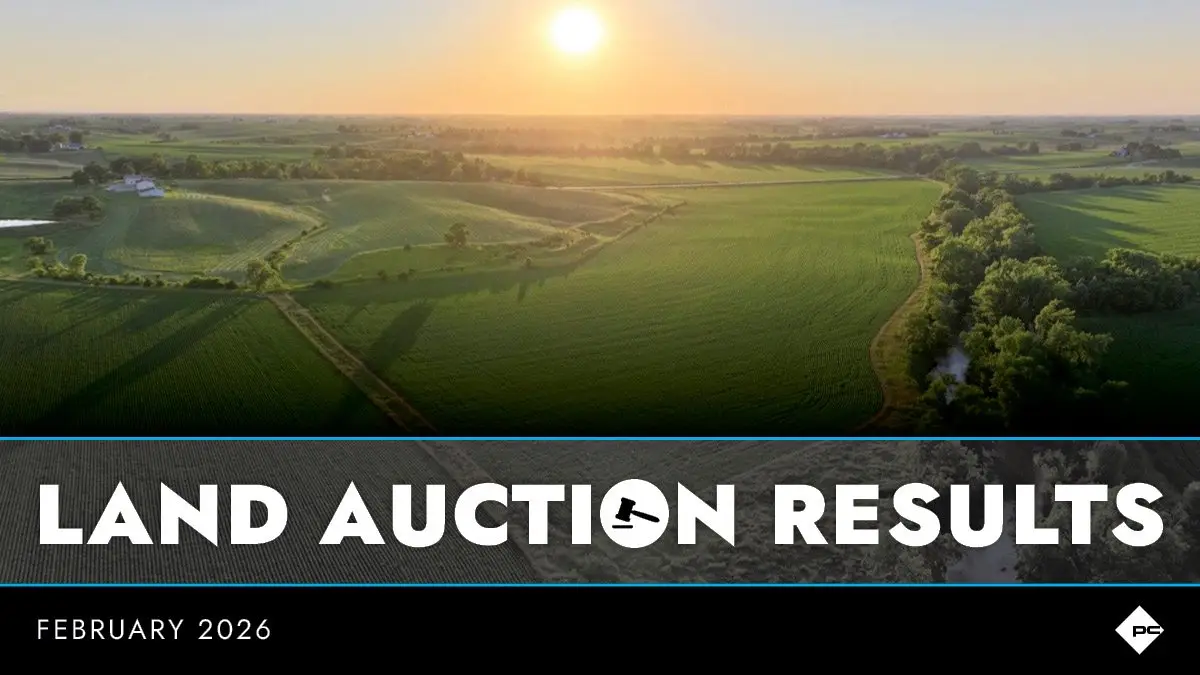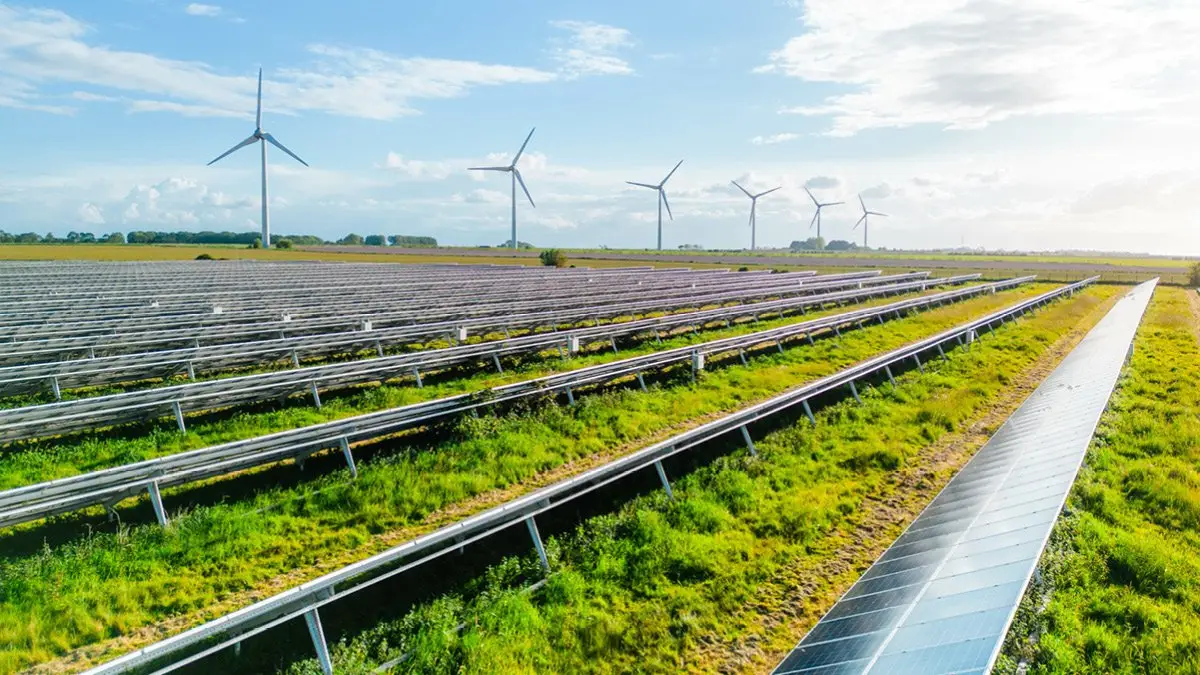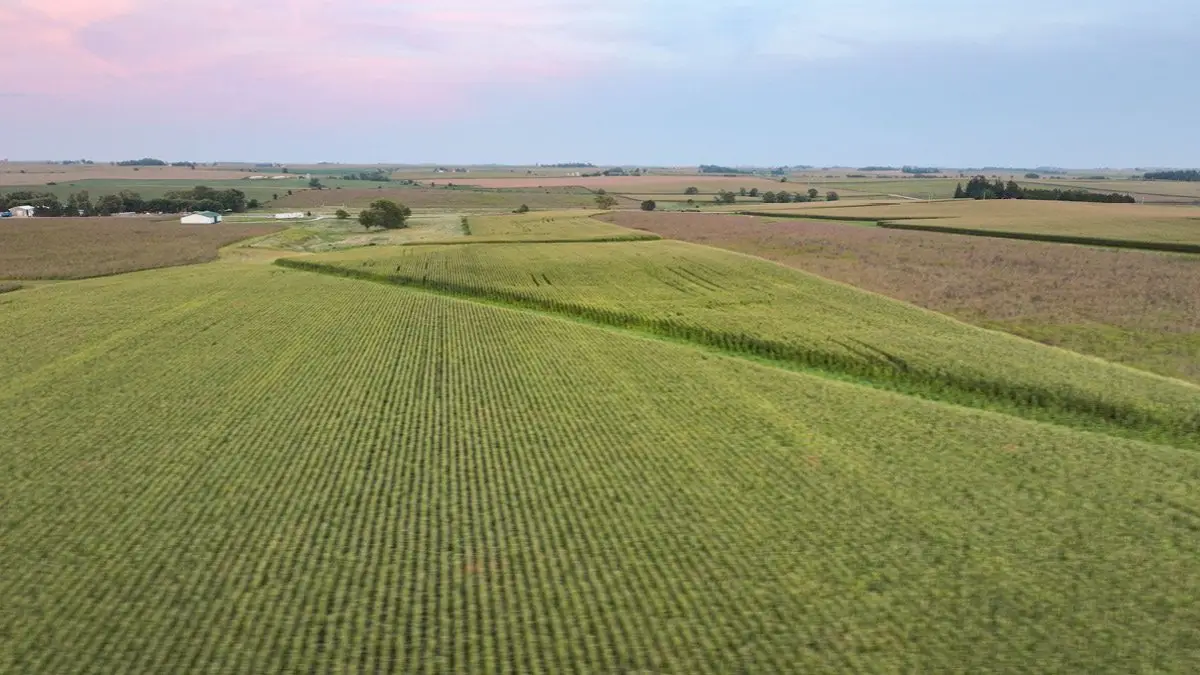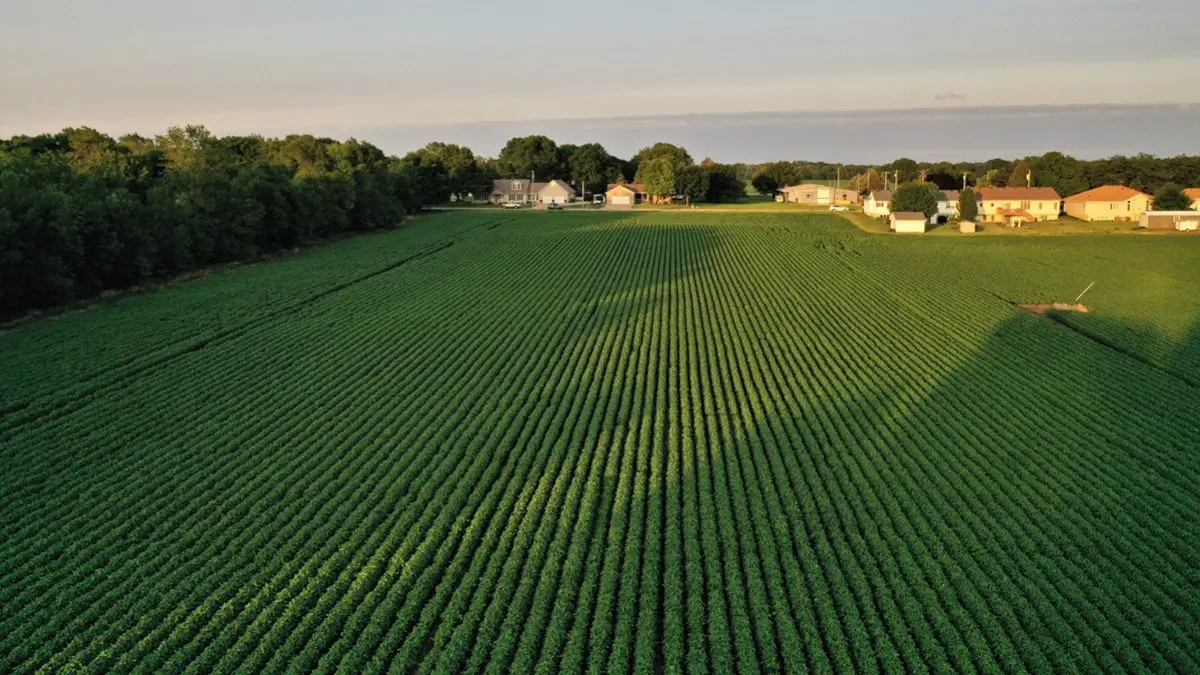Photo credit: Dan Charles/NPR
Farming Rises, Sports Tumbles in U.S. Industry Ratings
For the first time in Gallup's 20 years of tracking Americans' views of various business and industry sectors, farming and agriculture is the clear leader. The former top-ranking industries -- restaurants and computers -- remain in the top four, with the grocery industry rounding out the group. Meanwhile, the pharmaceutical industry's image has improved modestly since last year, and it has yielded the "worst rated" distinction back to the federal government.
This year's rankings reflect significant changes in the ratings of six industries, three of which are delivering vital goods and services to Americans during the pandemic. These three -- healthcare, farming and pharmaceuticals -- are all rated more positively this year than in 2019, although where they rank on the list differs. Read More
Big-Money Investors Gear Up For A Trillion-Dollar Bet On Farmland
David Muth is a partner with Alternative Equity Advisors, which is affiliated with Peoples Co., a Des Moines-based land broker. "Right now, over 80% of the farmland in the country is owned by somebody 55 or older, and roughly half of [them are] 75 or older," Muth says. "We're going to have an incredible shift in value over the next five to 20 years."
Farmland has become steadily more expensive, and the pool of farmers and their heirs who can afford to buy it is shrinking. Yet there's a growing appetite for it among investors, including pension funds and wealthy individuals like Williams. One large group of pension funds says that its members now own almost three times more farm properties than a decade ago. The market value of those holdings has quintupled.
The day I met Steve Bruere, the president of Peoples Co., he had to step out of the room for a while to talk to someone on the East Coast who has $25 million available to spend on farmland. "Yeah, he wants to hop on a plane and come out and see us in two weeks," Bruere said. "That's how this stuff goes." Read More
Around the World, the 2020 Harvest May Be Most Troubled Ever
In Burgundy, starting in mid-August, masked workers fanned out into vineyards, carefully socially distanced, to begin picking grapes. It was the beginning of one of the earliest harvests of the past 650 years, and it is now ending.
The 2020 harvest looks pretty different in many places around the world, much of it due to climate change: scorching heat and deadly wildfires in California’s Napa and Sonoma; drought and heat waves in France; thunderstorms and tornadoes in Italy.
Add in worry over the global economic malaise, and the 2020 harvest is shaping up to be one of the most troublesome in memory. Covid-19 closed tasting rooms and restaurants. The 25% tariffs the U.S. imposed on English, French, Spanish, and German wines caused exports to drop dramatically, and the tariffs, sadly, will remain in place for the foreseeable future.
As a result, European cellars are full of unsold wine. While 2020’s generous crop is welcome in regions such as Burgundy, the government in Spain is paying farmers to reduce yields through green harvesting, or thinning the number of grape bunches on vines. (The compensation can be up to 60% of the usual price of lost grapes.) Read More
From Ad Hoc to Green Payments: Agriculture's Reliance on Ad Hoc Aid Programs May Make Decoupling Painful
Farm policy during the Trump administration has consisted of unprecedented volumes of ad hoc assistance to cope with trade disputes, weather disasters and the COVID-19 downturn.
In 2020, government payments are set to make up at least 36% of net farm income nationally -- $37 billion out of $102 billion in total receipts. Rising trade through trade deals with Korea, Japan, Mexico, Canada and China is expected to eventually boost income, but gains have been slower than expected because of the impact of the coronavirus.
Agriculture could face a significant financial cliff going into 2021 if the ad hoc government programs come to an end and there's no new revenue stream to boost prices and income. Read More
Billionaire Cowboys Are Buying And Selling The Largest Ranches In America
Driving across America, the landscape starts to look like an oil painting, with hypnotic views of rolling countryside, countless rows of cornstalks, and cattle farms dotting the horizon. Boundless miles of empty land stretches out as far as the eye can see, but only a few families own most of it. Relatives hold onto their property through generations, which is why the top 100 landowners control a great majority of the country’s ranches.
Ranch real estate specialist Sam Middleton with Chas S. Middleton and Son says; “Typically, the large and historic ranches only become available after a death in the family. Most of these ranches have been owned and operated for several generations but with the expansion of the family ownership members, the new generation often does not have the sentimental attachment and pride of ownership of earlier generations. At that point, it often becomes easier for the family members to elect to sell the property and divide the proceeds rather than to continue on with management of the large asset.”
Nearly half of all Midwestern farmland is owned by people who don't farm themselves. Many of these families make their fortunes in the lumber and forest industry, with millions of acres in timberland throughout the Pacific Northwest. Others own expansive cattle and farms throughout the Great Plains and the West. Some ranches include land leased from the state or government for cattle grazing, while others offer oil and gas revenue. Read More
2021 Land Investment Expo Speakers Announced
John F. Kelly, President Donald Trump's former chief of staff, will be a keynote speaker at the Peoples Co.'s Land Investment Expo in Des Moines shortly before the presidential inauguration.
In the Jan. 12 appearance at the Iowa Events Center, Anthony Scaramucci will conduct an on-stage interview with Kelly, a retired four-star Marine Corps general. Scaramucci was fired by Kelly in 2017 after a brief and tumultuous stint as Trump's communications director.
Scaramucci, who attacked Kelly's management style after his firing, has since apologized, and the two have made several interview appearances together.
Both Kelly, who resigned in January 2019, and Scaramucci have been critical of Trump in recent statements. At the Des Moines event, Kelly is expected to "share his experiences spanning political administrations," including as commander of the U.S. Southern Command under then-President Barack Obama and as Trump's secretary of homeland security and chief of staff, said Peoples' President Steve Bruere. Read More
Whitney Park Listed for $180M
LONG LAKE — A historic Long Lake estate is being put up for sale. The price: $180 million.
The 36,000-acre property, Whitney Park, is being sold by John Hendrickson, according to the Wall Street Journal. Hendrickson is the widower of Saratoga Springs philanthropist, socialite and thoroughbred racing owner Marylou Whitney. He inherited the estate after Whitney’s death last year.
Whitney Park has 80 miles of roads, 22 lakes, a timber operation, a trapper’s cabin from the 1800s and an Adirondack great camp, according to the Journal. The great camp, Deerlands, has 17 bedrooms and 11 bathrooms. Its two-story boathouse on Little Forked Lake has a collection of antique guide boats and 25 canoes, which Hendrickson told the Journal he plans to sell with the estate.
Whitney Park was established by William C. Whitney in 1897, according to Adirondack Life magazine. Whitney consolidated 80,000 acres at the time for $1.50 per acre. Read More







